So many elements contribute to our sleep quality. At Mattress Clarity, we believe that knowledge is power – especially when it comes to improving your sleep life!
From life stages and nutrition to mental health and disorders, we’ve cultivated a sleep resource hub to help you along the way. Check out our latest resources and articles below!
Jump To
How Sleep Works | Sleep Habits | Disorders & Conditions | Mental Health | Physical Health | Nutrition | Life Stages | Travel | Relationships
Featured Articles

How to Sleep With Sciatic Pain During Pregnancy
Pregnancy and motherhood can bring many new blessings. That doesn’t mean they don’t come with their share of hardships, as well. In fact, pregnancy can…
Read More

What Would Happen If You Didn’t Sleep?
What happens if you don’t sleep? More precisely, what happens to our minds and our bodies when we decide not to sleep? Our research tells…
Read More

Early Birds vs Night Owls – Is One Better Than The Other?
Some people wake up bright and early, ready to tackle the day. Others find their stride later in the evening. These are two common sleep…
Read More
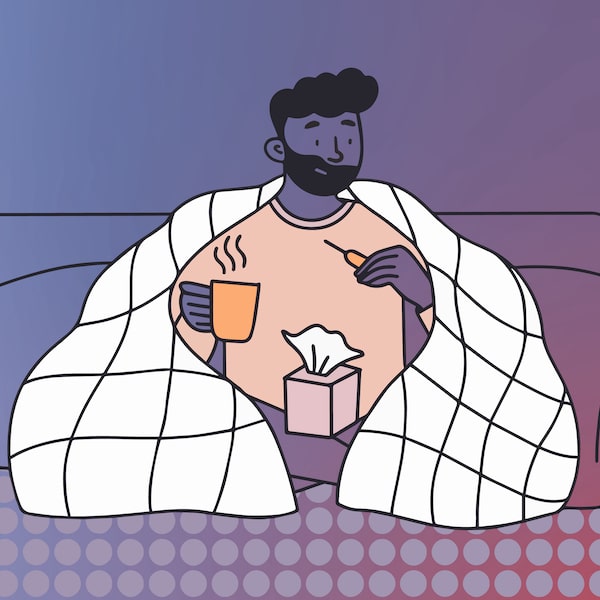
How to Sleep When You’re Sick – The Best Sleeping Positions
Getting quality sleep can be difficult when you’re feeling under the weather. This article discusses ways to get your best night’s rest when sick. It…
Read More
How Sleep Works
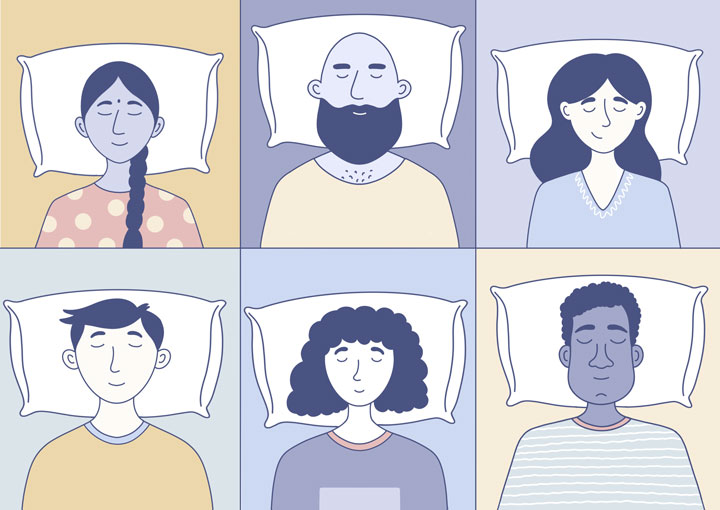
How Genetics Impact Our Sleep
Sleep is something all humans need, and yet, so much about it remains a mystery. Scientists have established the basics—that there are multiple sleep stages,…
Read More
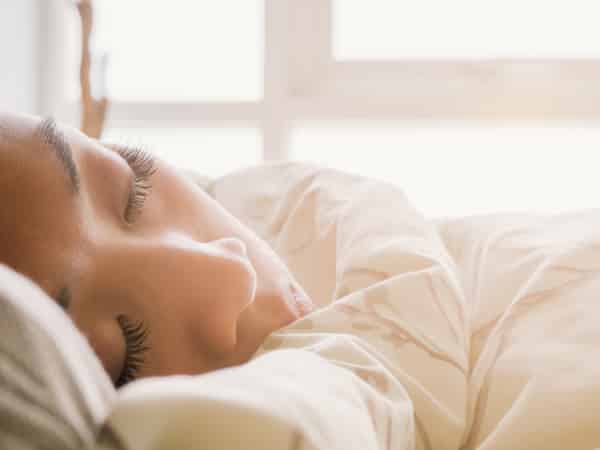
Can You Sleep Too Much?
Most people know the importance of getting quality sleep every night. But can you sleep too much? Like many things with health and wellness, the…
Read More

These 7 Sleep Myths Are Doing More Harm Than Good
How much do you really know about sleep? There are a number of popular myths and misunderstandings about sleep that you’ve likely heard. For example,…
Read More

The Complete Guide to Your Sleep Cycle
Going to bed each night might be the most relaxing part of the day. But while someone sleeps, their body and brain continue to work…
Read More
Sleep Habits
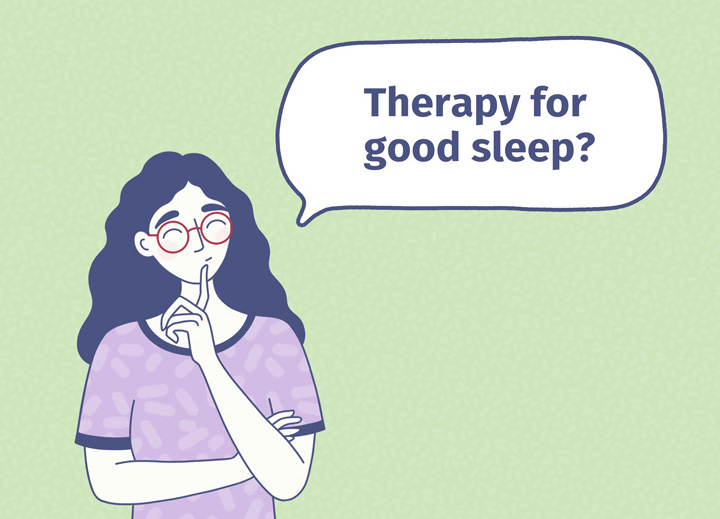
A Complete Guide to Therapy and Sleep
The word “therapy” is typically associated with mental health conditions like depression, anxiety, and post-traumatic stress disorder (PTSD). In reality, therapy is a tool that…
Read More

How to Fall Asleep Faster and Stay Asleep All Night
For many people, getting into a cozy bed after a long day is one of life’s great pleasures. All your tasks are done and you’re…
Read More

How Much Sleep Do I Need?
Sometimes, sleep can feel like the boring option compared with everything else you’d love to fit into your day. But it’s absolutely imperative for your…
Read More

How Does Daylight Savings Time Affect Sleep?
If there’s one thing most of us can agree on, it’s that daylight saving time (DST) is a huge bummer. But still, we roll our…
Read More
Disorders & Conditions
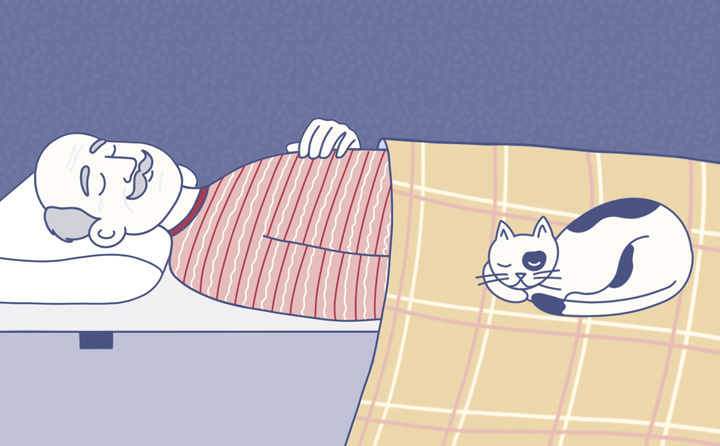
Can Your Sleep Affect Your Risk of Developing Alzheimer’s Disease?
You need sleep to keep your brain functioning and your memory sharp. So, it’s not completely surprising that poor sleep is a potential risk factor…
Read More

How to Overcome Down Syndrome Sleep Challenges
Sleep apnea can impact anyone, but it is especially common among men, women, and children with Down syndrome. It can actually have a number of causes,…
Read More

Shift Work Sleep Disorder
Not everyone has the luxury of working regular, traditional hours. An estimated 15 million Americans, from nurses to skilled tradespeople, are required to take unusual…
Read More

What Is Sleep Apnea? – Symptoms, Causes, and My Personal Experience!
Years before I began writing about sleep, I heard about “sleep apnea” a few times. This was usually mentioned in response to my excessive snoring…
Read More
Mental Health

Grief and Sleep: How Grief Affects Sleep and What You Can Do About It
If you weren’t already familiar with grief before 2020, you probably are now. In the wake of Covid-19, so many of us lost loved ones,…
Read More

A Complete Guide to Therapy and Sleep
The word “therapy” is typically associated with mental health conditions like depression, anxiety, and post-traumatic stress disorder (PTSD). In reality, therapy is a tool that…
Read More

A Complete Guide To Sleep And Depression
We all know that physical maladies can affect our sleep — tossing and turning due to congestion, or lying awake due to heartburn are all…
Read More

The Complete Guide to Anxiety and Sleep
If you’ve ever had trouble falling asleep, you know the feeling of anxiously watching the clock, worrying about why you can’t sleep and dreading being…
Read More
Physical Health

How Sleep Impacts Muscle Recovery and Risk of Injury
Looking for the best way to reduce your risk of athletic injury and to ensure that your post-workout recovery times are optimized? Well, why not…
Read More

How to Sleep with Arthritis
Everyone deserves a comfortable night’s sleep, but it doesn’t come so easily to everyone. There are many factors that can disrupt a good night’s sleep,…
Read More

Fibromyalgia and Sleep Problems: Tips for Getting Deeper Sleep
Living with chronic pain can disrupt many aspects of daily life – especially the ability to get a good night’s sleep. To stop a lack…
Read More
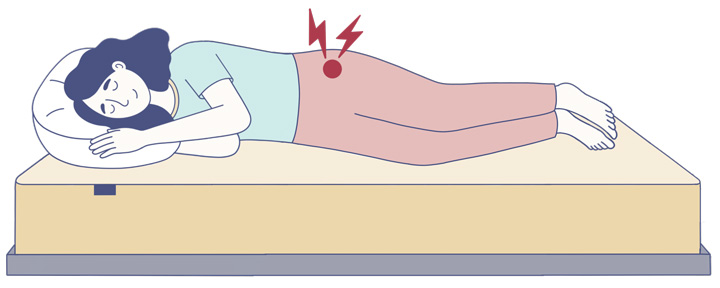
How to Sleep with Hip Pain
You deserve a good night’s sleep. But that may be easier said than done if you have hip pain. No matter how well you prepare…
Read More
Nutrition

The Relationship Between Popular Diets and Sleep
We know good nutrition is crucial to good health. It helps you maintain a healthy weight, reduces you risk of chronic diseases like heart disease…
Read More
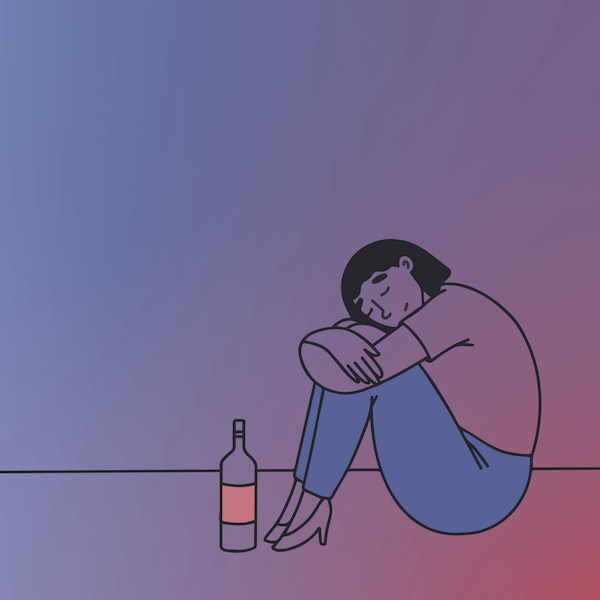
How Alcohol Impacts Sleep – What You Should Know
Those who drink alcohol have probably had a night where a few drinks left them feeling drowsy. Alcohol is a depressant, which means it may…
Read More

Sleep Aids: The Ultimate Guide
If you have trouble falling asleep at night or staying asleep through the night, a sleep aid can help you get some shuteye. There are…
Read More

40 Aphrodisiacs From Around the World – Does Sleep Make The List?
If couples are looking to spice things up in the bedroom, an aphrodisiac may do just the trick. An aphrodisiac is a substance that can…
Read More
Life Stages
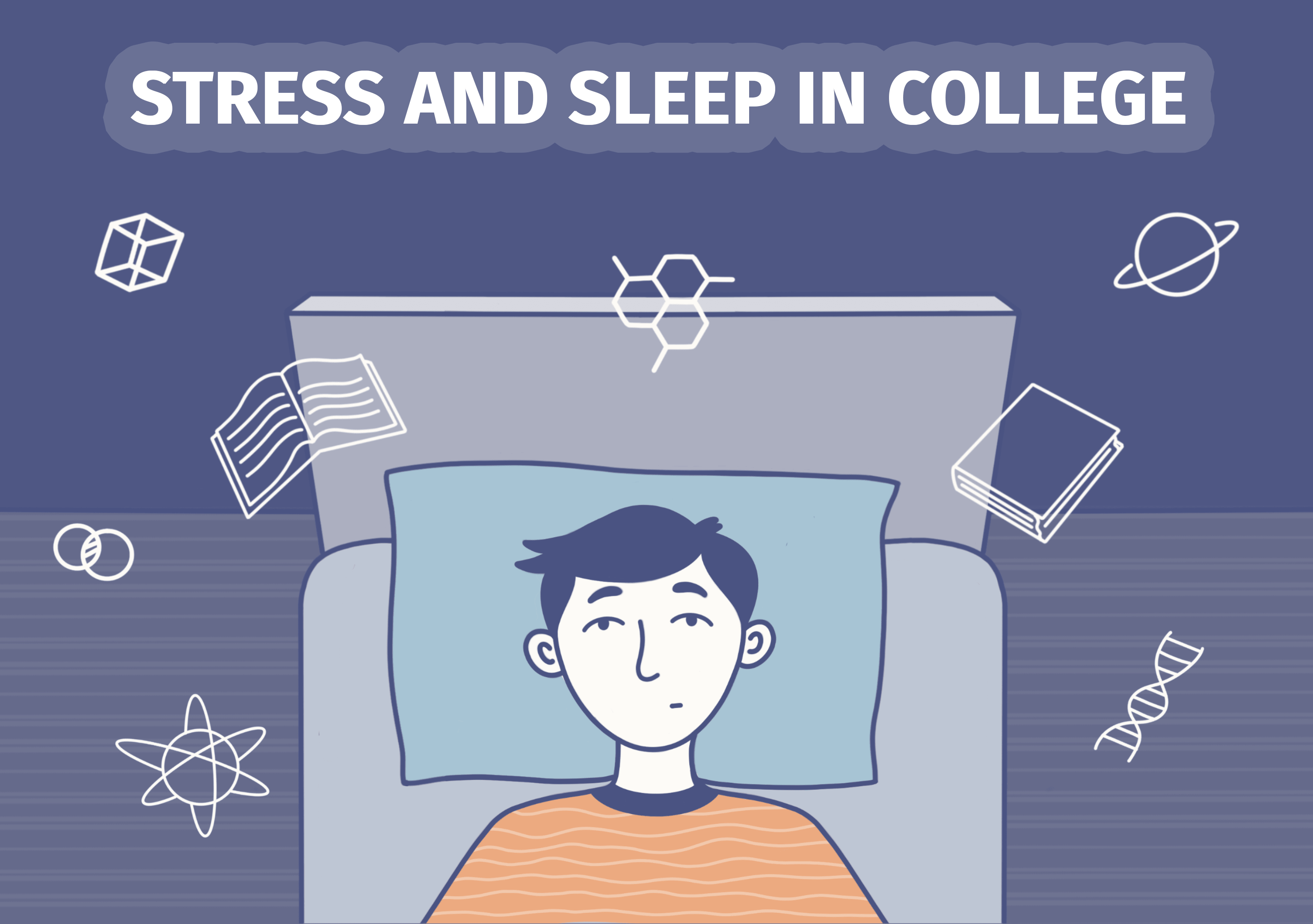
Stress And Sleep In College
There’s no doubt about it — college can be stressful. Gone are the days when your routine is predictable and calm. Now, you’re navigating sporadic…
Read More

12 Inspiring Bedtime Stories for Your Child
The bedtime story is a time-honored tradition; across the world, parents share cherished tales with their children as part of the evening ritual, and eventually…
Read More

How to Sleep With Sciatic Pain During Pregnancy
Pregnancy and motherhood can bring many new blessings. That doesn’t mean they don’t come with their share of hardships, as well. In fact, pregnancy can…
Read More

Everything You Should Know About Your Baby’s Sleep
The common phrase that someone “slept like a baby” implies that babies sleep deeply and peacefully. But if you’ve ever actually spent time around a…
Read More
Travel

Sleep Tips for Holiday Travel
As the holiday season approaches, many of us look forward to a nice, refreshing vacation that leaves us feeling well-rested and energized. But reality doesn’t…
Read More

How to Beat Jet Lag
Hopping on a plane to head to another time zone can be fun and exciting, but it can also have an unwanted side effect: jet…
Read More

How to Sleep on a Plane: Tips for Pre-Flight and Mid-Flight Rest
Do you sleep on a plane or stay awake? Many of us who travel frequently have simply become accustomed to sleeping poorly (or not at…
Read More

Can You Bring a Pillow on a Plane?
Whether you are hopping on a long-haul flight to another country or traveling domestically, flying in comfort is a must. This becomes even more important…
Read More
Relationships

Cohabitation Convenience Statistics
Have our readers ever heard of the saying, “Two can live as cheaply as one”? Well, it appears many Americans have taken this to heart.…
Read More

How Long Does the Honey Moon Period in a Relationship Last?
There is nothing sweeter than new love. The heart pitter-patters, butterflies dance in the stomach, and the sun never seems to pass being the clouds.…
Read More

How Does Christmas Morning Affect Your Family’s Sleep Schedule? We Found Out
Ask any parent of small children, and you’ll likely hear that Christmas morning starts early. Excited children are eager to see whether they made the…
Read More

What Is Sleep Divorce?
While it may sound alarming, the term “sleep divorce” simply describes a scenario in which a couple chooses to make separate sleeping arrangements. This could…
Read More
Additional Helpful Sleep Resources
- https://www.nia.nih.gov/health/good-nights-sleep
- https://www.cdc.gov/sleep/index.html
- https://medlineplus.gov/sleepdisorders.html
- https://www.womenshealth.gov/mental-health/good-mental-health/sleep-and-your-health
- http://healthysleep.med.harvard.edu/healthy/science/what
- https://health.columbia.edu/content/sleep
- https://health.cornell.edu/resources/health-topics/sleep
- https://www.ninds.nih.gov/Disorders/Patient-Caregiver-Education/Understanding-Sleep
- http://healthysleep.med.harvard.edu/healthy/getting/overcoming/tips
- https://www.psychologytoday.com/us/basics/sleep
- http://sleepeducation.org/essentials-in-sleep/healthy-sleep-habits
